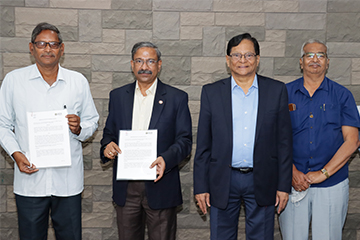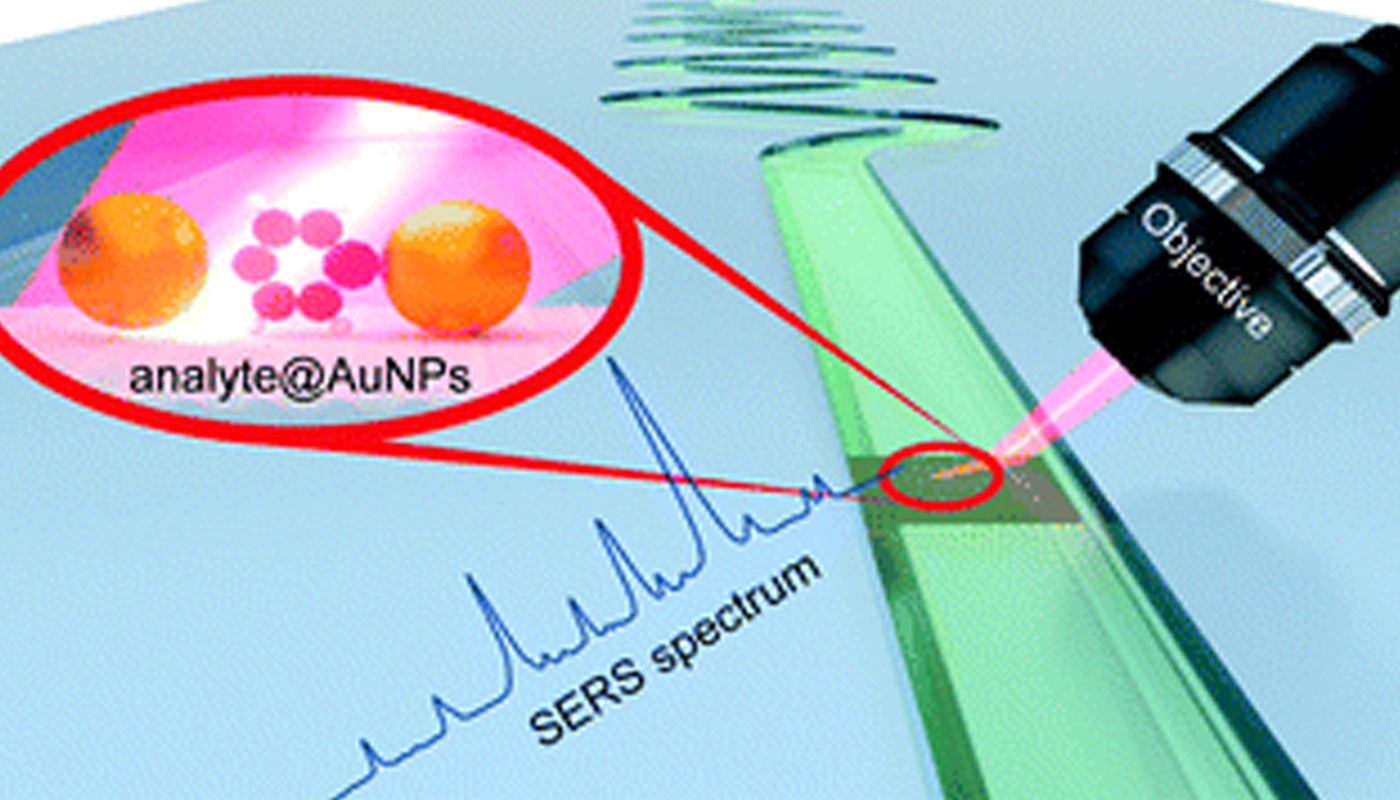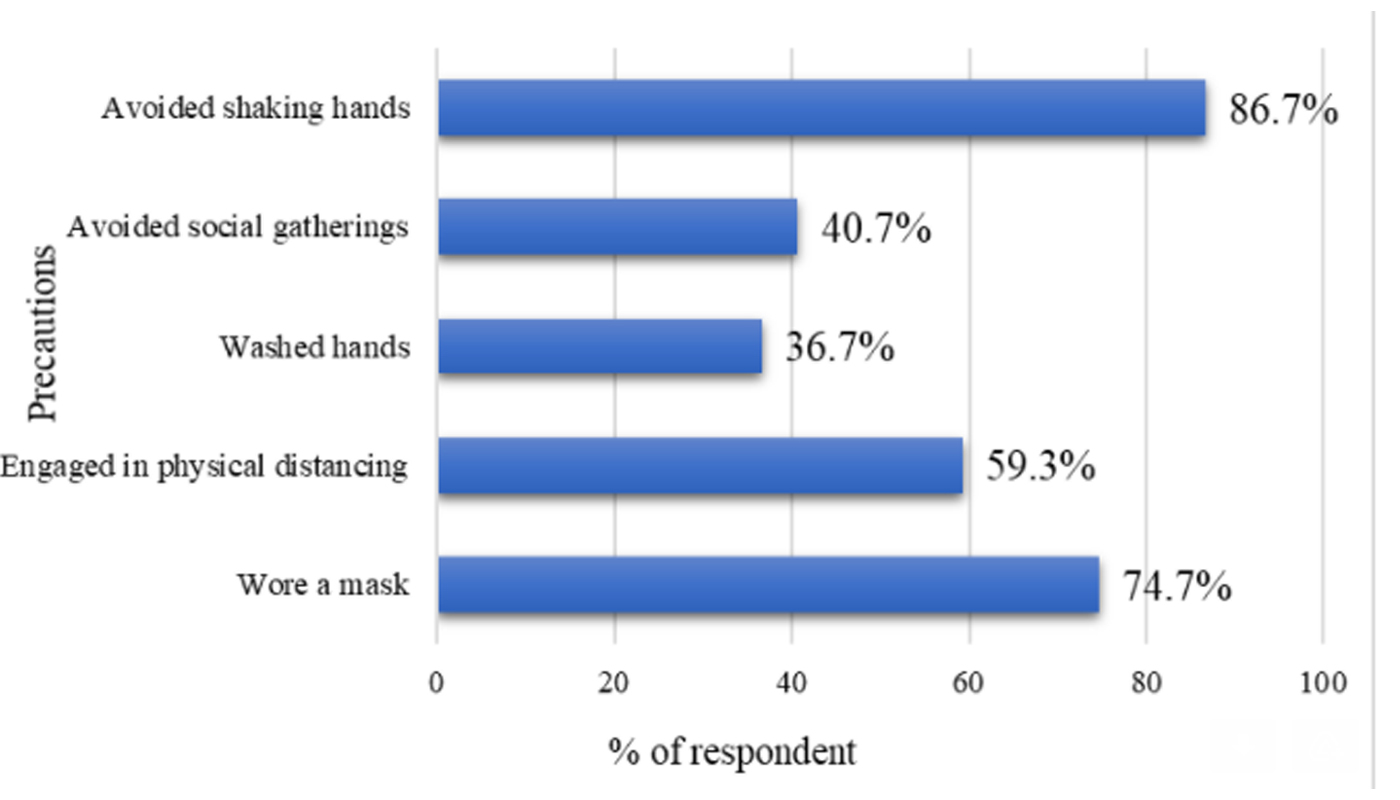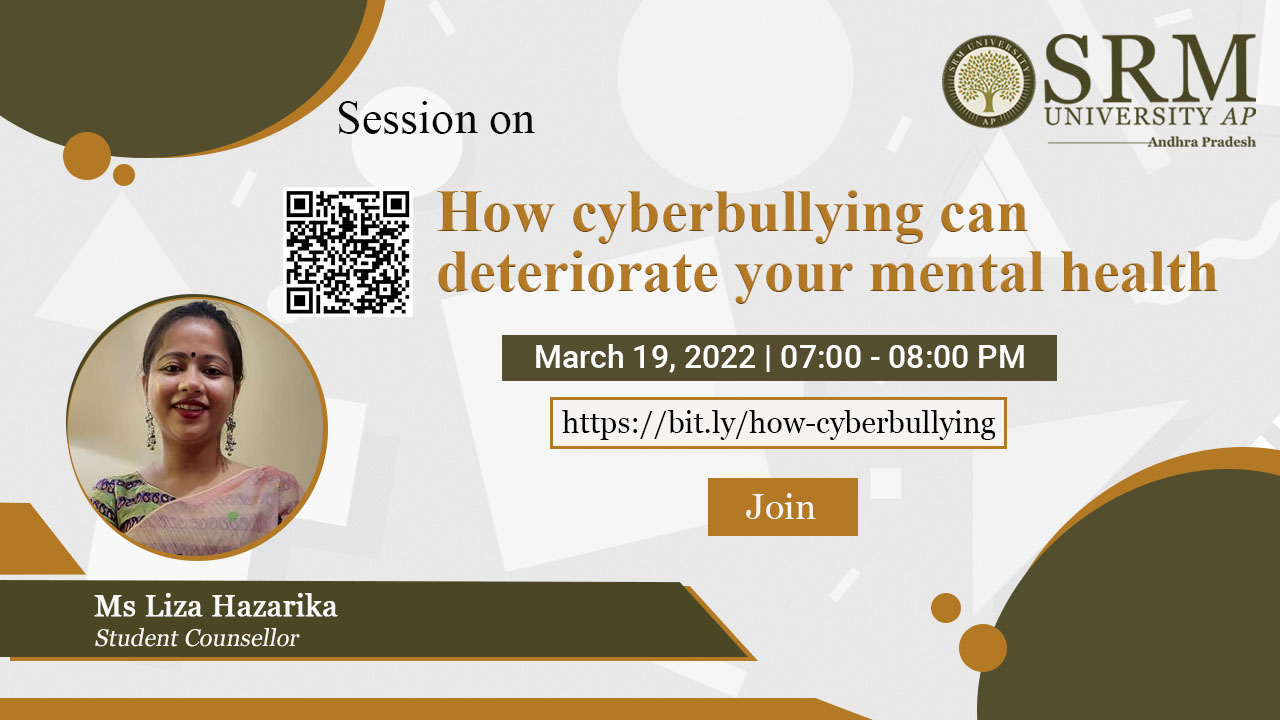- A semester abroad at UC Berkeley March 19, 2022
Pulkit Jasti has found his place in the line of students taking off to UC Berkeley through the Semester Abroad Programme at SRM University-AP. The programme aims to offer its students an opportunity to get exposed to global education culture and gain advanced training in their field of studies. It opens the door to a world of possibilities to explore and experience. The university also takes immense pride in setting the right path for its students to scale greater heights.
Pulkit is over the moon as he talks about the incredible offer he has been bestowed with,
“I’m extremely delighted to land this once in a lifetime opportunity. Spending a semester abroad in one of the world’s most prestigious universities in the heart of Silicon Valley is a dream come true for any technology entrepreneurship aspirant.
It would have been impossible for me to get an opportunity like this if not for SRM AP. I fall short of words to express my sincere gratitude to the management and faculty of SRM AP. I would like to thank Ragunathan sir, Sonam ma’am, Ashu Abdul sir, Nagaswetha ma’am for extending their full support during the process.
There were multiple rounds of interviews, and I interacted with different panel members who were very friendly and supportive. The panel closely examined each of our resumes, academic performances, and entrepreneurial activities to make a fair and impartial decision.
The start-up semester is a six-month-programme where I network with the world’s topmost entrepreneurs from Silicon Valley and learn from them. Additionally, I will be working with UC Berkeley’s distinguished faculty on a few projects which have the potential to become successful start-ups in the future.
I strongly believe in giving back to society, so my future plans are to get my current start-up ideas to life that are going to have a significant impact in people’s lives and open employment opportunities to my juniors from college.”
Pave the way to a successful career with SRM University-AP. Catch a glimpse of our International Relations page to know more about our global collaborations.
- Microfluidic SERS as a powerful tool in Analytical Chemistry March 19, 2022
The Department of Chemistry is glad to announce that Dr J P Raja Pandiyan has published a paper titled ” Microfluidics and surface-enhanced Raman spectroscopy, a win-win combination?” in the journal ‘Lab on a Chip’ having an impact factor of 6.79 in collaboration with researchers from different universities across India, Germany, and Japan.
Abstract of the Research
With the continuous development in nanoscience and nanotechnology, analytical techniques like surface-enhanced Raman spectroscopy (SERS) render structural and chemical information of a variety of analyte molecules in ultra-low concentration. Although this technique is making significant progress in various fields, the reproducibility of SERS measurements and sensitivity towards small molecules are still daunting challenges. In this regard, microfluidic surface-enhanced Raman spectroscopy (MF-SERS) is well on its way to join the toolbox of analytical chemists. This review article explains how MF-SERS is becoming a powerful tool in analytical chemistry. We critically present the developments in SERS substrates for microfluidic devices and how these substrates in microfluidic channels can improve the SERS sensitivity, reproducibility, and detection limit. We then introduce the building materials for microfluidic platforms and their types such as droplet, centrifugal, and digital microfluidics. Finally, we enumerate some challenges and future directions in microfluidic SERS. Overall, this article showcases the potential and versatility of microfluidic SERS in overcoming the inherent issues in the SERS technique and also discusses the advantage of adding SERS to the arsenal of microfluidics.
About the Raman Research Group at SRM AP
Raman spectroscopy, invented by Sir CV Raman in 1928 and got Nobel Prize in 1930, is a vibrational spectroscopic technique that works based on the principle of inelastic scattering of light. Surface-Enhanced Raman spectroscopy (SERS) is one of the modern analytical techniques which can detect chemical and biomolecules in an ultra-low concentration. The research group is working on the development of the SERS technique to address the issues in food, environmental, energy and biological science.
The newly developed SERS substrates are mainly used for the detection of biological samples for disease diagnosis, food samples to ensure food safety, water samples to study the contamination and pollution rate. These studies can make meaningful social changes and improvements.
- Effects of Covid-19 on mental health March 19, 2022
The Department of Economics is delighted to announce that Dr Ghanshyam Kumar Pandey and his research group; Sheeba Moghal, Rakshit Barodia, and William Carey have published an article titled “COVID-19 and its effects on the mental health of people living in urban slums in India” in the ‘Journal of Information and Knowledge Management’, having an Impact Factor of 1.3.
The study confirms that more than three-fourth of the population suffer from mental stress due to the spread of COVID-19 and the lockdown imposed by the government. Eighty per cent of those surveyed stated that the stress had affected their decision-making. The study also confirms that the number of dependents, monthly income, number of living rooms, maintenance of physical distancing norms, avoidance of social gatherings, government support, health insurance, and living in a rented house are significantly related to the mental stress of people living in slums in Andhra Pradesh in India.
Abstract of the Research
The COVID-19 pandemic has had a devastating effect on the mental health of people from different backgrounds; these effects have been particularly acute among lower-income households and in slums. There has been a steep rise in mental illness and behaviours associated with it since 2020, especially in slums characterized by poverty, poor housing, high density, and unhealthy environments. This paper aims to examine the effect of COVID-19 on the mental health of people living in the slums of Vijayawada and Visakhapatnam in the state of Andhra Pradesh in India.
- Heartfulness Education Trust collaborates with SRM University-AP March 19, 2022
 In a meeting held at SRM University-AP campus, the Heartfulness Education Trust (HET) inked an MoU with the university on staff training, in-depth faculty training and other inner well-being workshops. The collaboration aims to promote preventive healthcare and heartfulness practices.
In a meeting held at SRM University-AP campus, the Heartfulness Education Trust (HET) inked an MoU with the university on staff training, in-depth faculty training and other inner well-being workshops. The collaboration aims to promote preventive healthcare and heartfulness practices.Heartfulness Education Trust advocates bridging ancient tradition with modern scientific understanding through workshops, internships for students, Conclave/Roundtable on Heartfulness Leaderships and other offerings of HET. The collaboration intends to help the students to improve their learning skills and behaviour, inculcate humility, emotional maturity, confidence, stress management, self-awareness and most importantly, develop a sense of purpose towards life.
“SRM University-AP looks forward to organising purposeful programmes with the Heartfulness Trust”, University Vice-Chancellor Prof V S Rao remarked. Sri Ramesh Krishnan, Programme Director (HET), talked about the vision and mission of the trust. “Our curriculum is devised for all streams of education and can potentially contribute to helping students attain the highest form of being”, he added. Ms Harshada Kulkarni from Heartfulness Education Trust also joined the MoU signing ceremony among other delegates.
Registrar-Dr R Premkumar, Prof Sudhindra Nath Panda, Dean – Faculty Development; Prof B V Babu, Dean-School of Engineering and Sciences; Dr Vinayak Kalluri, Associate Dean- Quality Assurance and Rankings and Controller of Examinations; Prof T Ragunathan, Associate Dean-in-Charge (Engineering)-School of Engineering and Sciences; Prof R S Desikan, Associate Dean-in-charge, School of Liberal Arts and Social Sciences (SLASS) & School of Entrepreneurship and Management Studies (SEAMS); Prof C Durga Rao, Associate Dean-in-Charge (Sciences)- School of Engineering and Sciences; Dr Arundhati Ghanwar, Associate Director- ITKM and Corporate Communications; and Dr Venkata N Nori-Associate Professor, Mechanical Engineering were present during the occasion.
Continue reading → - Cyberbullying and its mental impact March 19, 2022
Cyberbullying has become an everyday menace facing the present society. The effects of such virtual world threats can be unfathomable. As an increasing number of people continue to fall prey to such harassment, it is a compelling necessity to raise caution against cyberbullying and spread awareness of the mental trauma it culminates in.
The Department of Student Affairs is bringing forth a productive session, How cyberbullying can deteriorate your mental health? with Ms Liza Hazarika to alert students on the psychological impact associated with cyberbullying and how to effectively deal with it.
Date: March 19, 2022
Time: 7.00 pm to 8.00 pm IST
Tune in for the webinar and learn to tackle cyberbullying without harming your mental peace.
Continue reading →




